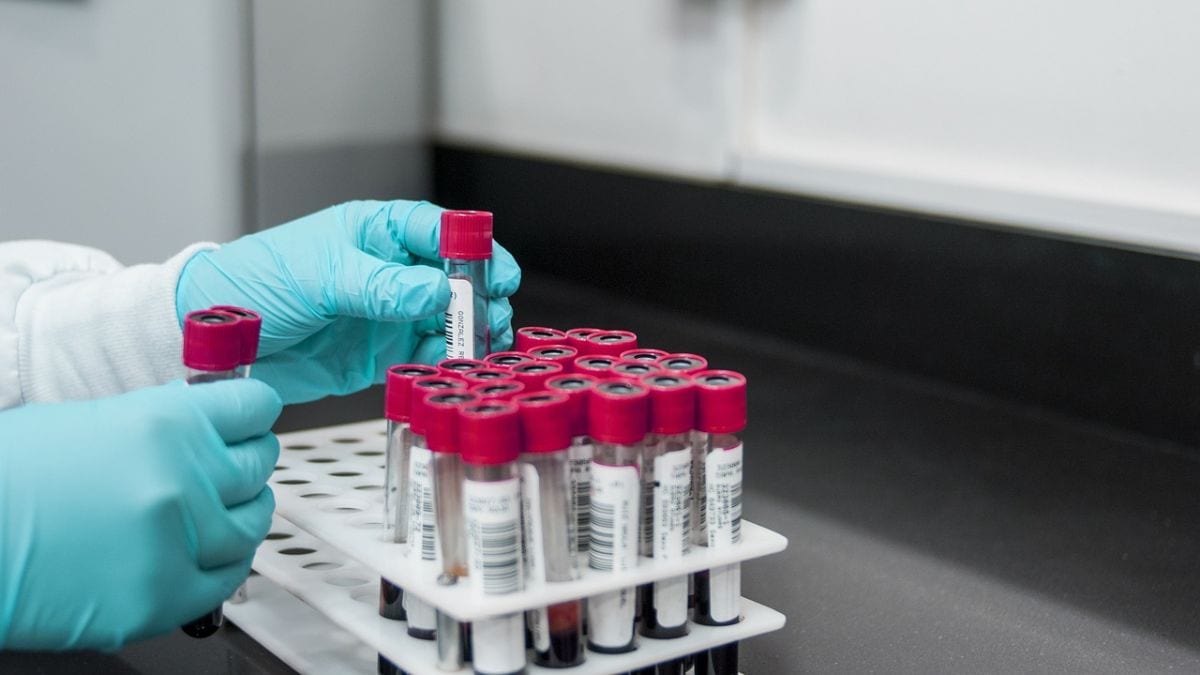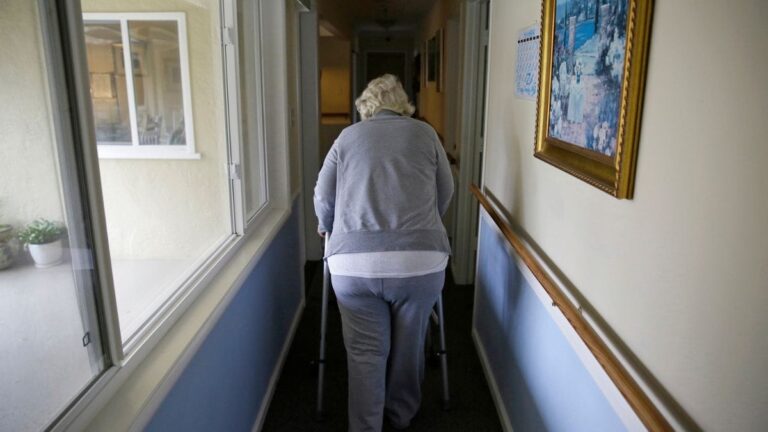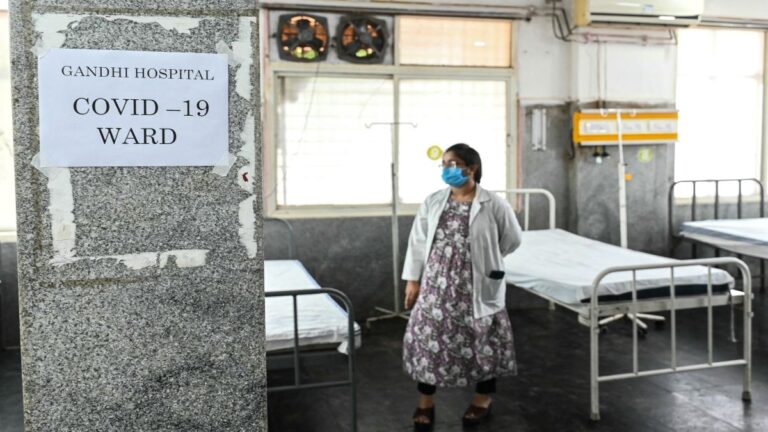Scientists at Johns Hopkins University in the US have developed a new blood test that can detect signs of cancer up to three years before symptoms appear. When cancer is present, tumours release small fragments of genetic material into the bloodstream. Researchers found that these fragments can be identified in blood samples long before symptoms emerge. This could allow doctors to detect cancer much earlier than current screening methods, improving the chances of timely treatment
read more
Has a new way to detect cancer early been found?
Scientists at Johns Hopkins University in the US have created a new blood test that can pick up signs of cancer up to three years before any symptoms appear.
Why is this important?
This could let doctors find cancer much earlier than current screening methods, giving people a better chance of getting treated in time.
ALSO READ |
British tourist dies after being ‘scratched’ by a pup in Morocco: How common are rabies deaths today?
The study was published in Cancer Discovery and carried out by teams from different Johns Hopkins centres. It was partly supported by the US National Institutes of Health.
So, what is this new test? And what did the researchers discover from the study?
Let’s take a look:
What the researchers found
The study showed that small traces of cancer can be found in a person’s blood as early as three years before they are formally diagnosed.
This raises the possibility that doctors could one day spot cancer much sooner, when it is easier to treat or even cure.
When someone has cancer, tumours release tiny fragments of genetic material into the bloodstream. The researchers found that this material can be detected in blood samples well before any symptoms show up.
Dr Yuxuan Wang, one of the study’s authors, said, “We were surprised to find cancer signals in the blood so early. Finding cancer three years earlier gives us a chance to treat it before it spreads.”
To conduct the research, scientists used plasma samples from a major Atherosclerosis Risk in Communities (ARIC) study, which looks at risk factors linked to heart attacks, strokes, heart failure and other heart-related conditions, according to a press release.
They examined blood from 26 people who were diagnosed with cancer within six months of giving the sample, and compared it with samples from 26 people who were not diagnosed with cancer.
Out of the 52 people, eight tested positive using a multi-cancer early detection (MCED) lab test and were later diagnosed with cancer within four months of their blood being drawn.
Notably, MCED tests are an experimental method of screening that checks for signs of several types of cancer at the same time. According to the American Cancer Society, these tests can look for pieces of DNA, RNA or proteins from abnormal cells.
In six of the eight cancer cases, the researchers went back to check earlier blood samples, taken more than three years before diagnosis. In four of those cases, cancer markers were already present.
What do the results mean?
Dr Bert Vogelstein, senior author and professor of oncology at Johns Hopkins, said, “This study shows the promise of MCED tests in detecting cancers very early, and sets the benchmark sensitivities required for their success.”
Dr Nickolas Papadopoulos, also a senior author and professor of oncology, added, “Detecting cancers years before their clinical diagnosis could help provide management with a more favourable outcome. Of course, we need to determine the appropriate clinical follow-up after a positive test for such cancers.”
At present, no MCED test has received full approval from the US Food and Drug Administration (FDA) for general use. However, some are available commercially under more flexible rules as Laboratory Developed Tests.
Experts say MCED tests are not meant to replace current screening methods but could become useful tools for detecting cancers earlier, particularly those like colon cancer, which are often diagnosed at later stages.
Of the eight participants whose cancers were picked up by the MCED test months before diagnosis, five later died from the disease.
According to The New York Post, excluding non-melanoma skin cancers, more than two million new cancer cases are expected in the US in 2025, with over 618,000 people projected to die from the illness.
That means nearly 1,700 deaths every day.



















